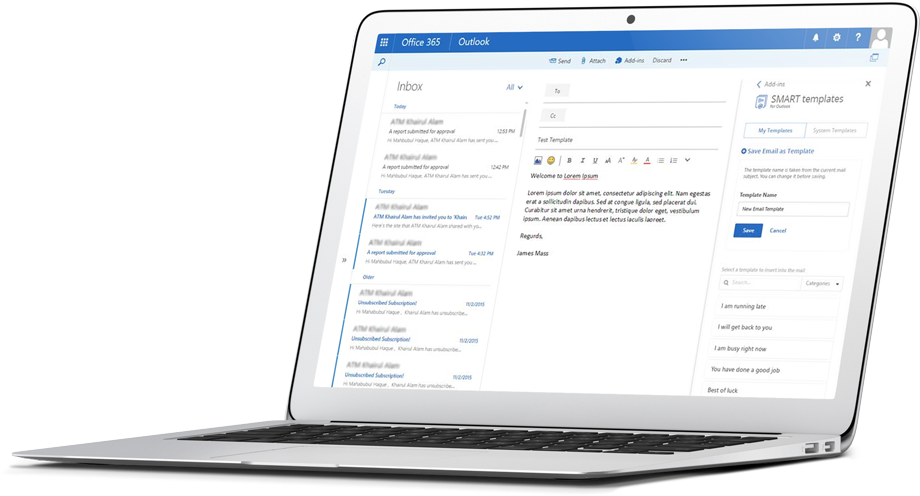Boosting Collaboration in the Digital Age: Exploring Office 365 Alternatives to Public Folders
In today's digital age, collaboration is key for businesses to thrive and succeed. With teams spread across different locations, it is crucial to have efficient and effective tools that facilitate collaboration and communication. Office 365 has long been a popular choice for many organizations looking to enhance their collaborative efforts. However, when it comes to managing and sharing content, many have relied on public folders within Office 365. While public folders have served their purpose, there are alternative solutions that can further boost collaboration and productivity.
Office 365 alternative to public folders has been used traditionally to store and share files, emails, and calendars. They provide a centralized location for teams to access and collaborate on content. However, public folders have limitations that may hinder seamless collaboration. They are not easily searchable, making it difficult to find specific information within a folder. Additionally, they lack version control, making it challenging to track changes and revisions. Public folders also have limited collaboration features, making real-time collaboration and communication a challenge.
One alternative to public folders in Office 365 is Microsoft Teams. Teams is a collaboration platform that brings together chat, meetings, calling, and file sharing in one place. It offers a more dynamic and interactive approach to collaboration. With Teams, users can create channels for different projects or topics, enabling team members to collaborate and communicate in real-time. Files shared within Teams are stored in SharePoint, which provides better search capabilities and version control. Teams also integrates with other Office 365 applications, allowing users to access and work on files directly within the platform.
Another alternative to public folders is SharePoint Online. SharePoint is a web-based collaborative platform that integrates with Office 365. It provides a more robust and flexible solution for managing and sharing content. With SharePoint, users can create document libraries and lists, allowing for more organized and structured content management. It offers advanced search capabilities, making it easier to find specific information within documents. SharePoint also supports version control, enabling users to track changes and roll back to previous versions if needed. It provides more granular permission settings, allowing for better control over access and collaboration.
One of the advantages of both Teams and SharePoint is their mobile accessibility. Users can access and collaborate on files from anywhere, at any time, using their mobile devices. This empowers teams to work remotely and stay connected, regardless of their location. The mobile apps for both Teams and SharePoint offer a seamless and user-friendly experience, making it easy to stay productive on the go.
As businesses continue to embrace remote work and digital collaboration, it is essential to explore alternatives to traditional methods such as public folders. Office 365 offers a range of tools and applications that enable teams to collaborate more efficiently and effectively. By leveraging alternatives like Microsoft Teams and SharePoint Online, organizations can enhance collaboration, streamline communication, and improve productivity. These solutions provide a modern and flexible approach to content management and sharing, offering better search capabilities, version control, and real-time collaboration features. Embracing these alternatives can help businesses stay competitive in the digital age and boost collaboration among team members.
In conclusion, while public folders have been a go-to solution for managing and sharing content within Office 365, there are alternative tools and platforms that offer more robust collaboration features. Microsoft Teams and SharePoint Online provide better search capabilities, version control, and real-time collaboration, making them ideal alternatives to public folders. Embracing these alternatives can help businesses boost collaboration in the digital age and stay ahead of the competition.
